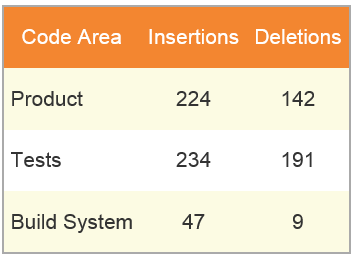
Case Study: LineRate's C++98 to C++11 Migration
by Lenny Maiorani
From the article:
Have you heard about C++11 and the huge changes in the language?
Are you terrified to turn on the flag in your compiler?
Are your developers clamouring for modern language features?
The LineRate team['s ...] migration to [modern] C++ has been a breeze...

Add a Comment
Comments are closed.